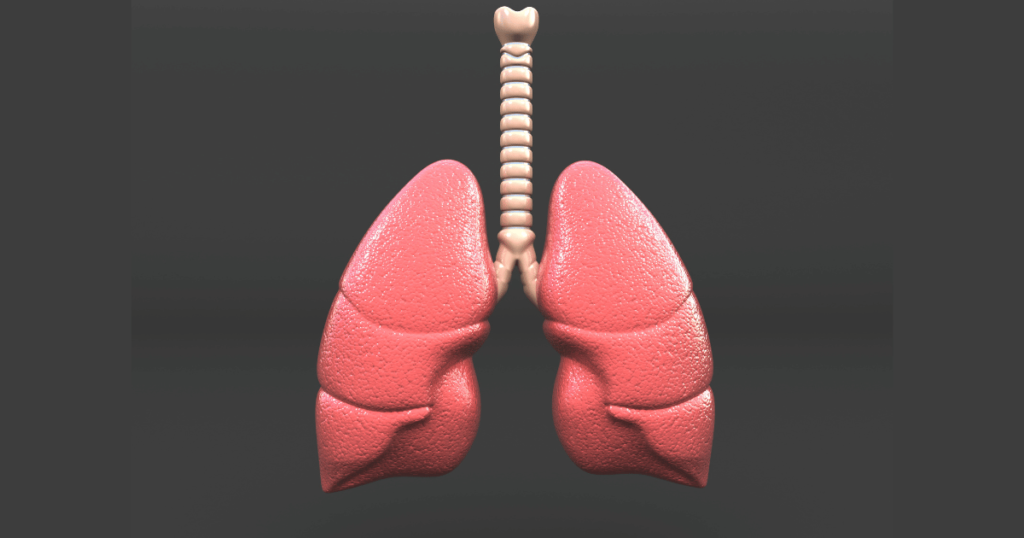Explore the cutting-edge advancements in lung cancer treatment as we step into 2024. From innovative therapies to personalized care, uncover the future of oncology that promises new hope for patients.
Introduction
As we enter 2024, the landscape of lung cancer treatment is undergoing a remarkable transformation. This year marks a significant leap in how we understand, diagnose, and treat one of the most common and deadly forms of cancer. This article delves into the latest advancements and what they mean for patients and healthcare providers.

Understanding Lung Cancer
Lung cancer, characterized by uncontrolled cell growth in lung tissue, remains a leading cause of cancer-related deaths worldwide. It’s primarily divided into two types: Non-Small Cell Lung Cancer (NSCLC) and Small Cell Lung Cancer (SCLC), each requiring different treatment approaches. Risk factors include smoking, environmental toxins, and genetic predispositions.
Lung Cancer Treatment
Immunotherapy
Immunotherapy has revolutionized lung cancer treatment by using the body’s immune system to fight cancer cells. In 2024, new immune checkpoint inhibitors are showing promise in increasing survival rates, especially in advanced NSCLC cases.
Targeted Therapy
Targeted therapy, tailored to individual genetic mutations in cancer cells, continues to evolve. The development of next-generation tyrosine kinase inhibitors is a significant step forward, offering more effective and less toxic treatment options.
Advances in Radiation Therapy
Stereotactic body radiotherapy (SBRT), a precise and intense form of radiation therapy, is now more widely used for early-stage lung cancer, offering a potent alternative to traditional surgery.
The Role of Technology and Research
AI and Personalized Medicine
Artificial Intelligence (AI) plays a crucial role in personalizing treatment plans. By analyzing vast data sets, AI helps in identifying the most effective treatment protocols based on a patient’s specific genetic makeup.
Ongoing Clinical Trials
Numerous clinical trials in 2024 are exploring new drugs, combinations of therapies, and the use of biomarkers to predict treatment responses. These trials are the cornerstone of developing more effective and less invasive treatment options.
Patient Care and Support
Comprehensive care in lung cancer treatment goes beyond medical interventions. In 2024, there’s an increased focus on patient support systems, psychological care, and holistic approaches to improve the quality of life for patients and their families.
Prevention and Early Detection
While treatment advances are crucial, prevention and early detection remain key. Public awareness campaigns, smoking cessation programs, and advancements in screening techniques, such as low-dose CT scans, are critical in reducing lung cancer incidence and mortality.
Frequently Asked Questions
- Promising Treatment Methods:
- Immunotherapy and Targeted Therapy: These are identified as the leading and most promising treatments for lung cancer.
- Immunotherapy: This approach leverages the body’s immune system to fight cancer cells more effectively. It includes treatments that help the immune system recognize and attack cancer cells.
- Targeted Therapy: This treatment focuses on specific genetic mutations or characteristics of cancer cells. By targeting these unique aspects, the therapy can more effectively combat lung cancer cells with fewer side effects compared to traditional chemotherapy.
- Immunotherapy and Targeted Therapy: These are identified as the leading and most promising treatments for lung cancer.
- Early Detection of Lung Cancer:
- The paragraph affirms that early detection of lung cancer is possible and increasingly effective.
- Low-Dose CT Scans: Mentioned as a key tool for early detection, these scans are particularly beneficial for high-risk individuals, such as long-term smokers or those with a family history of lung cancer. Low-dose CT scans can detect lung cancer at an earlier stage, when it is more treatable.
- Personalization of Lung Cancer Treatment:
- The paragraph underscores the growing trend towards personalized lung cancer treatment.
- Advancements in Genomics and AI: These technological advances are enabling more customized treatment plans.
- Genomics: By understanding the genetic makeup of a patient’s cancer, treatments can be tailored to target specific mutations or characteristics of the cancer cells.
- Artificial Intelligence (AI): AI’s role in analyzing large datasets and patient information can help in developing more effective, personalized treatment strategies.
In summary, as of 2024, lung cancer treatment is experiencing significant advancements in terms of effective new therapies like immunotherapy and targeted therapy, the ability for early detection through low-dose CT scans, and the personalization of treatments due to the integration of genomics and AI technologies. This represents a holistic and forward-thinking approach to combating lung cancer.
Conclusion
The year 2024 stands as a beacon of hope in the fight against lung cancer. With groundbreaking treatments, technological advancements, and a holistic approach to patient care, we are moving towards a future where lung cancer is no longer a dreaded diagnosis but a manageable condition.
check this out : Lung Cancer And Smoking Easy Explanation 2024



